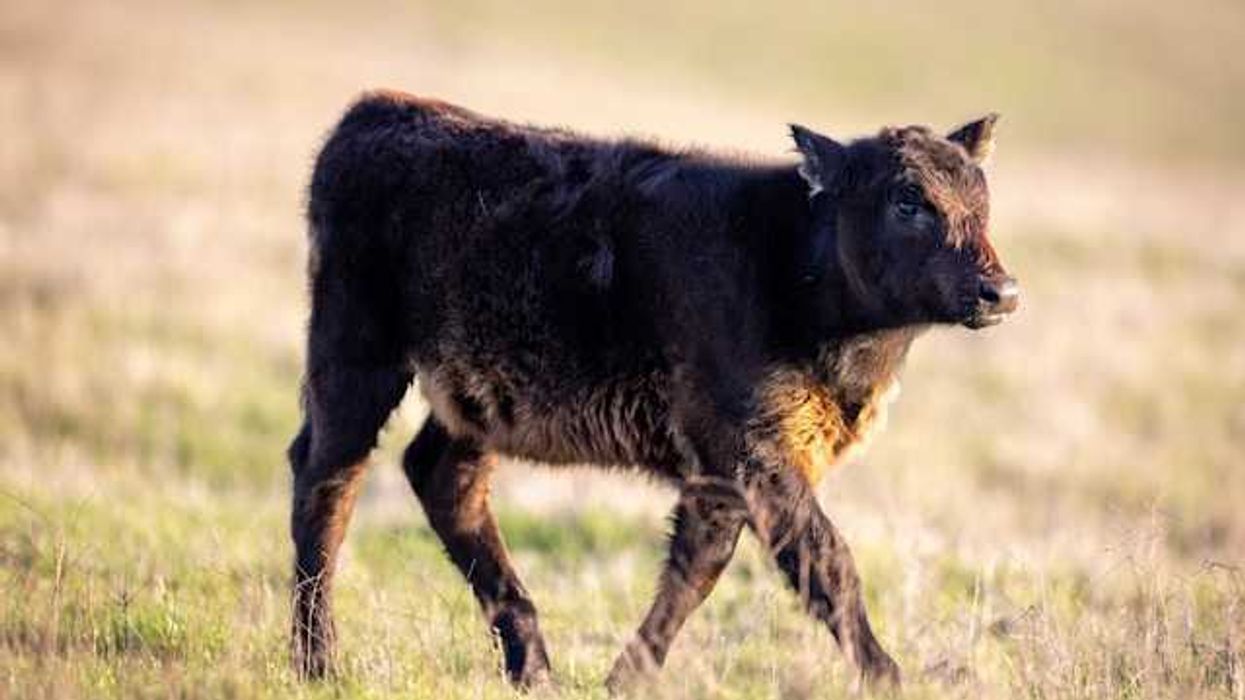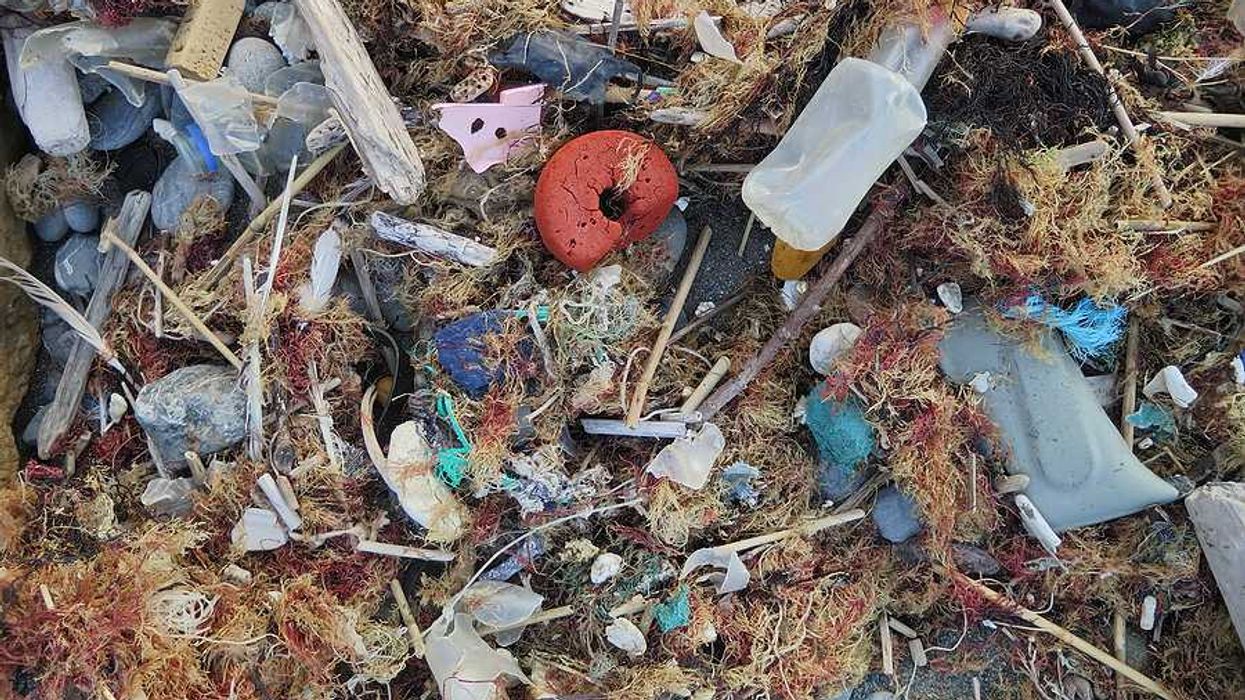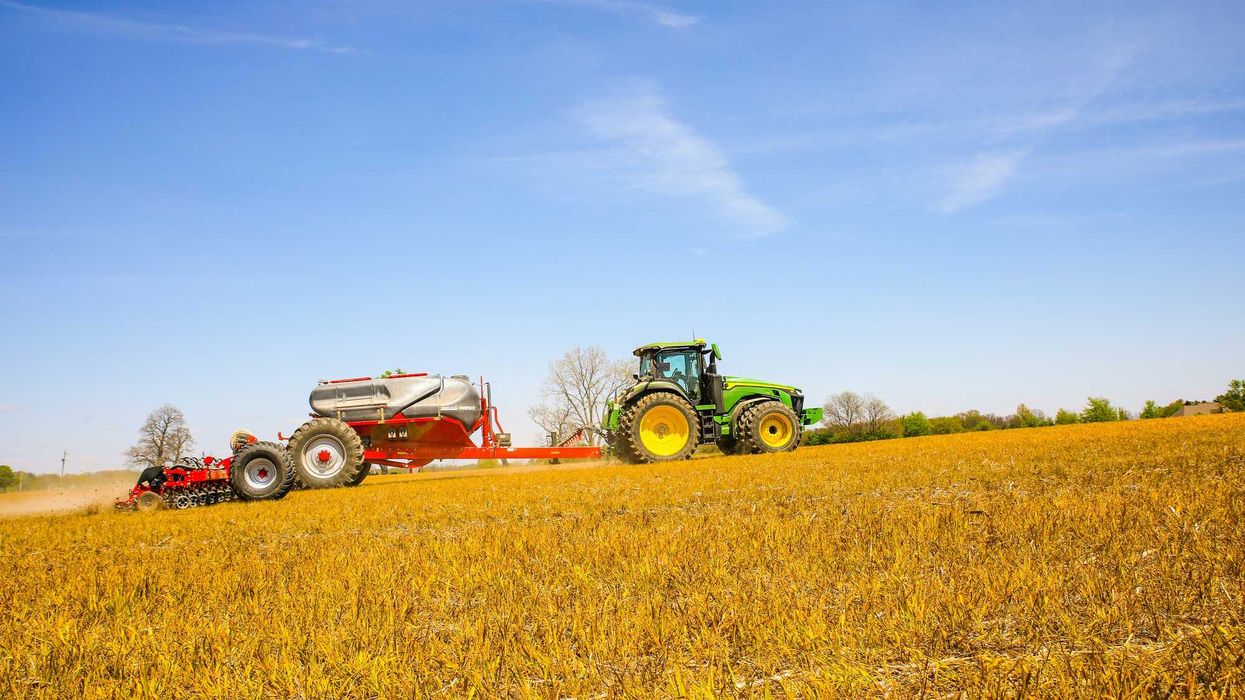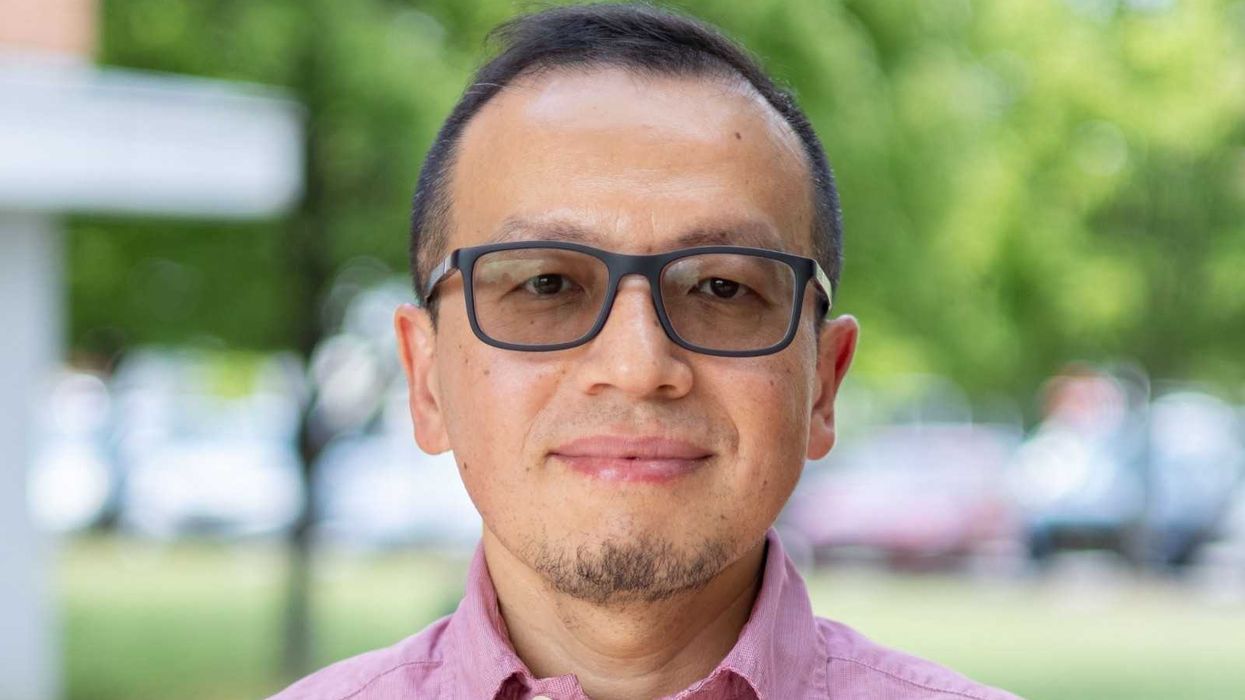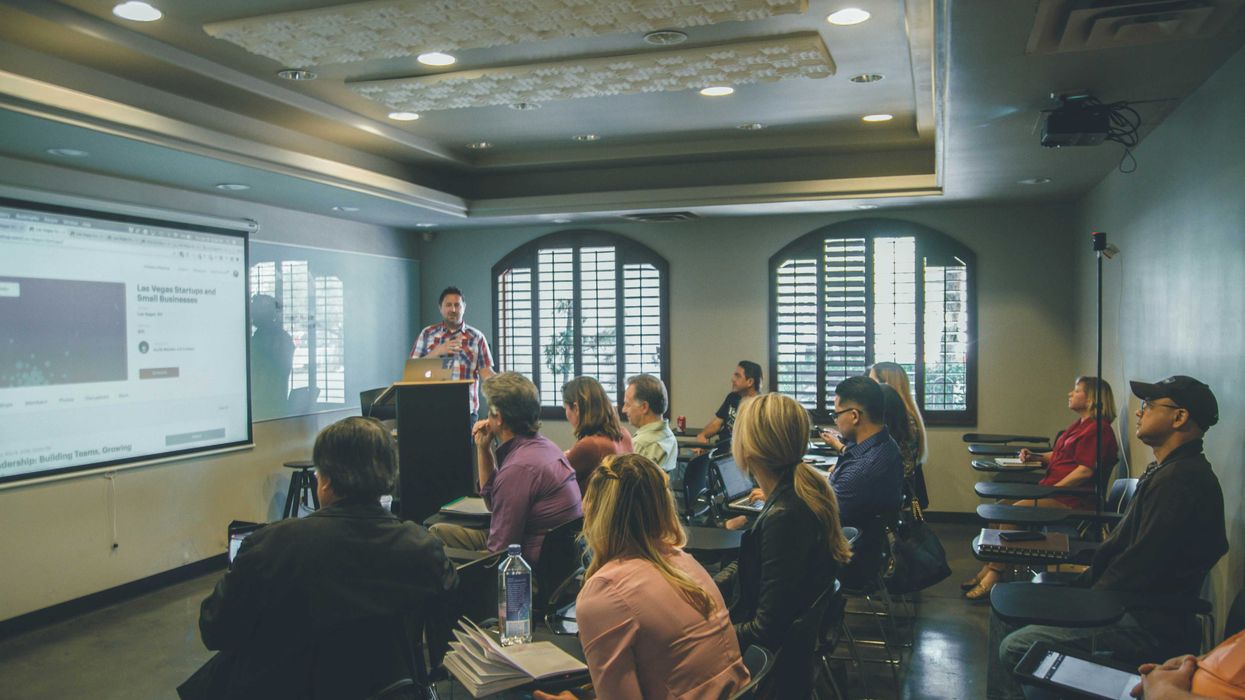Indonesia's presidential election results signal a pivotal moment for global climate policy, as the presumed victory of Prabowo Subianto brings into focus the nation's complex role in balancing coal dependency with a burgeoning electric-battery industry, amidst rising concerns over environmental sustainability and human rights.
Somini Sengupta reports for The New York Times.
In short:
- Indonesia, as a major coal exporter and a burgeoning force in nickel processing for batteries, faces environmental challenges with the election of Prabowo Subianto.
- Subianto's policies might continue the country's reliance on coal power while promoting a domestic battery-making industry, raising concerns over increased emissions.
- The country's role in global climate efforts is critical due to its large coal exports, vast nickel reserves, and significant rainforest areas which are threatened by palm oil production.
Key quote:
Should Mr. Prabowo be the final winner of Wednesday’s election, “it will make it difficult for civil society movements in Indonesia, including the environmental and climate movements.”
— Firdaus Cahyadi, campaigner for 350.org
Why this matters:
Balancing coal dependency with nickel processing for clean energy, alongside preserving rainforests crucial for carbon absorption poses a significant challenge. This election's impact extends far beyond Indonesia, affecting global strategies to mitigate climate change and highlighting the interconnected nature of environmental policies.
Climate change will continue to widen gaps in food security.


